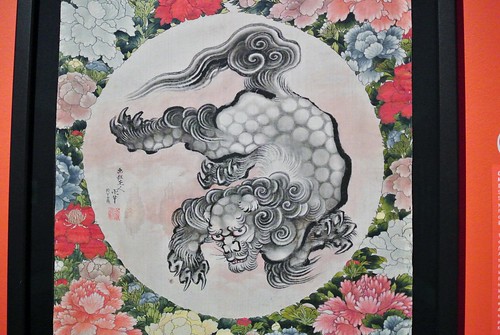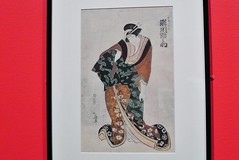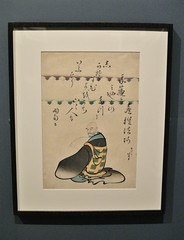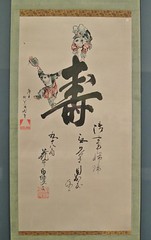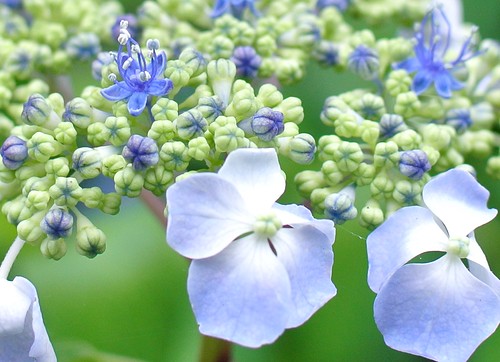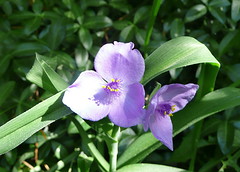
Last night was one of those nights when I could think of a million reasons not to show up for practice at the Cambridge Zen Center. I’d spent the day juggling face-to-face and online teaching obligations, teaching classes at Framingham State then grading papers and submitting online grades between classes. It was (and still is) unseasonably cold and windy—blustery conditions perfect for catching a cold—and I’m still clogged and froggy from last week’s bronchitis. After tending the online graduate course that ended on Sunday, the online graduate course that started on Monday, and the three undergraduate classes that are ongoing, all I wanted to do yesterday afternoon was come home, plant myself on the couch with a book and a blanket, and not be bothered.

Instead, I came home, changed clothes, ate a quick dinner, then drove to Cambridge, where I took a quick, brisk walk to check out the neighborhood graffiti before heading to the Zen Center, spending the next three hours chanting, meditating, and walking, all in the golden glow of the Dharma room Buddha. Sometimes you need to get away from it all, and other times you need to get in touch with it all, tuning in rather than tuning out.

On hectic days like yesterday—too often, in other words, than I’d care to mention—working my day job feels like spinning in a revolving door, with students constantly coming and going while I go nowhere but ’round. I’ve taught face-to-face classes for nearly twenty years now, and I’ve taught online for ten, and I can’t begin to count the number of students I’ve worked with, much less the number of papers I’ve read, commented upon, and graded over those years. You collect one batch of papers; you hand back another. You read, hand back, then collect some more. When one semester ends, another begins: you read final papers, submit final grades, then promptly rewind and begin again, again, and again. Your students finish your class, take other classes, then graduate, moving on to whatever’s next while you, their teacher, keep revisiting the same lessons over and over and over. It’s a nonstop ritual that makes me dizzy just thinking about it.

When it feels like you’re spinning in circles, you have several options: namely, you can keep on spinning, or you can stop. It’s easy to fall into the trap of thinking your day job is more rote or repetitive than others’, but actually life itself is a revolving door: we wake, bathe, bring home the bacon, fry it up in a pan, clean up our mess, tend our kids or pets, plant ourselves on the couch with a book and blanket, then go to sleep, destined to repeat it again tomorrow. We are born, grow up, grow old, then die, stuck in the epic catastrophe of human life, a drama culminating with the dire trinity of old age, sickness, and death. Surely, we say to ourselves, there must be something more than this; surely, the Buddha said to himself, there has to be a way out.

Last night at the Zen Center, I reminded myself of something I’ve long known but constantly forget, time and again: it takes only a second to stop. Swept up in the rat race of your mundane life, you think the earth itself will stop spinning if you power down your laptop, shut off your phone, and step away from your to-do list…but having done these things, you realize nothing has changed but your own perspective. The emails are still there to be answered when you reboot your computer; the to-dos still beckon from their list. But you yourself can change; you yourself can re-charge.

From your dizzying perch atop life’s revolving door, it’s easy to grow queasy from the ceaseless swirl of activity we call life, but the second you step off that dizzy-go-round, the world slows and solidifies underfoot. This revolving door called life is filled to overflowing with discreet moments, each one marching in turn. You can grow sick from the spinning redundancy of it all, or you can zero in and focus on This Present Moment, then the next, then the next. Suddenly the cycle isn’t sickening but wonderful: a glorious procession of moments staged just for your own enjoyment, so don’t miss it.

Last night at the Zen Center, I had the same realization I always have at the Zen Center: why did I stay away so long? The rat race is always there, ready to welcome me back as soon as I return to it…but the rat race holds no power over me the second I decide not to run. There’s nothing more repetitive than spending three hours chanting, meditating, and walking, your own breath coming and going through the revolving door of your own body: inhale, exhale, repeat. The cyclic certainty of your workaday life is enough to drive you mad, and the cure is to reacquaint yourself with another kind of monotony: this breath, this body, this moment, each instant following the next like a foot stepping into its own footprint. It takes only a second—this second—to return to it.



